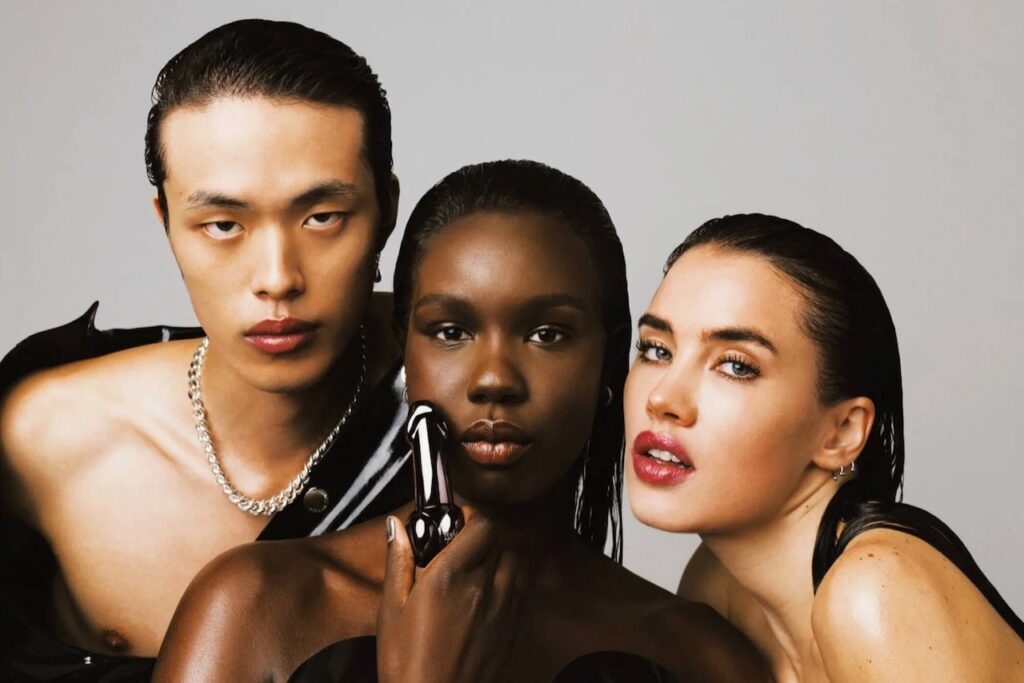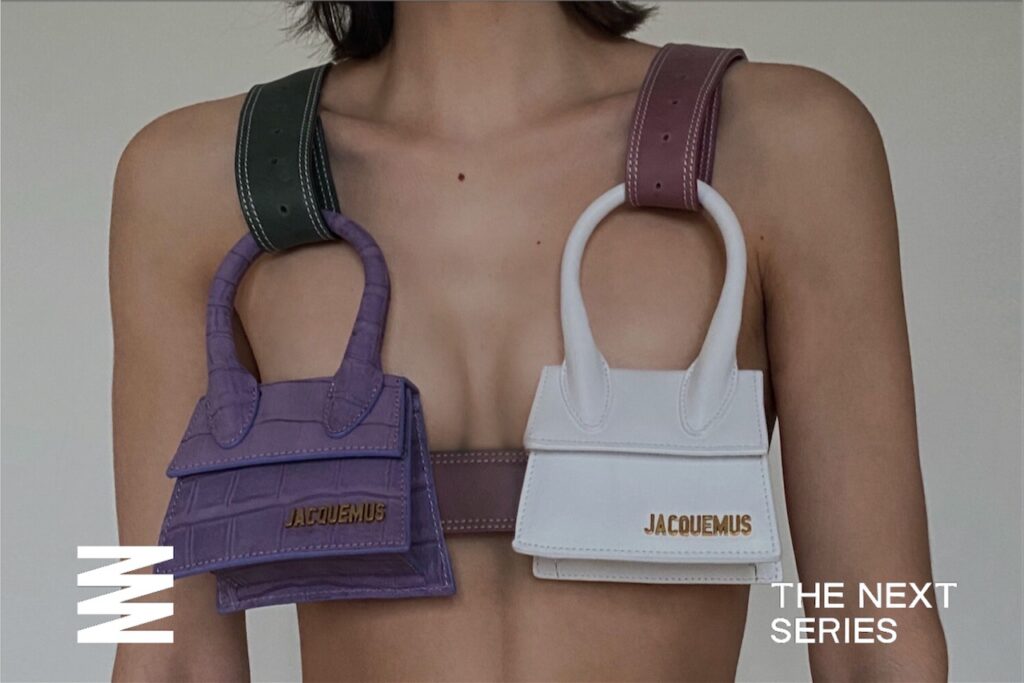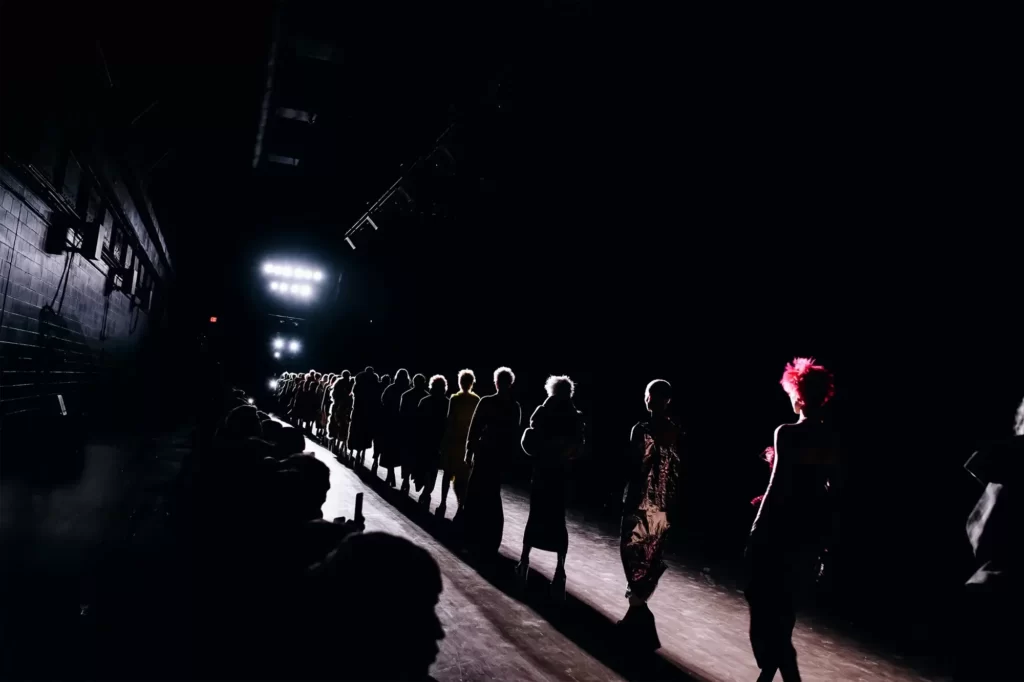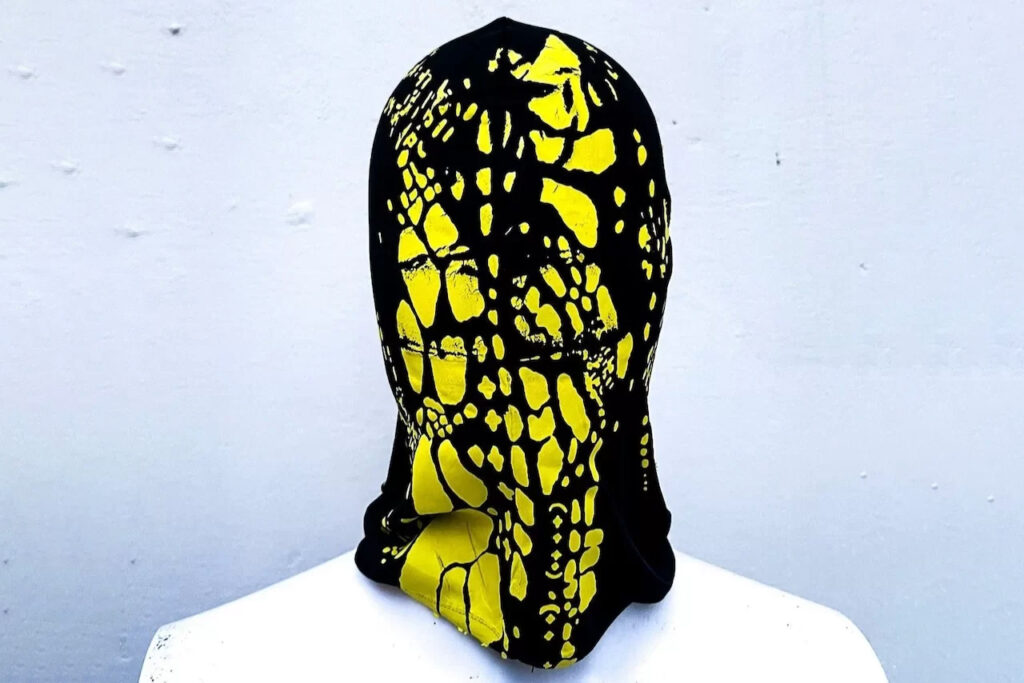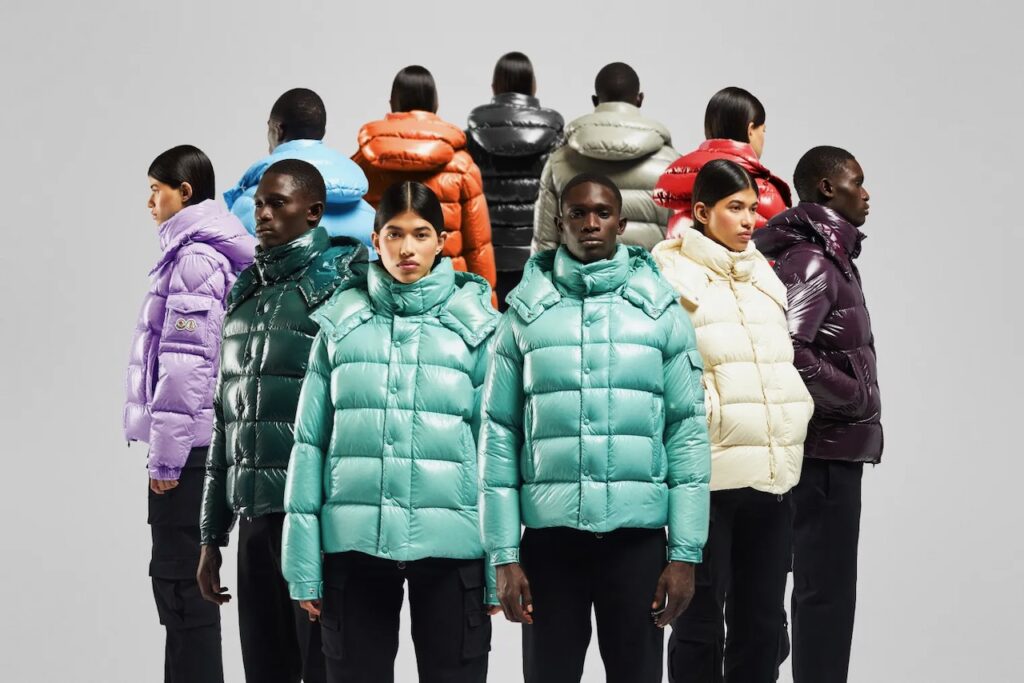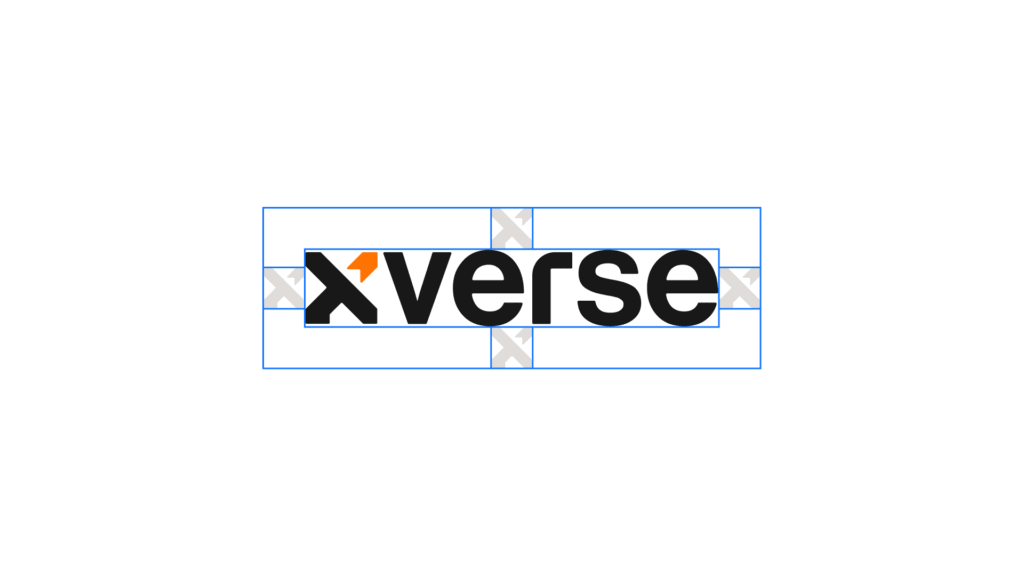Fashion is an industry that revolves around creativity and inspiration. Unfortunately, many companies lack such tools and create their products based on the copy, or influence, of others. Said tactics are well known within the fast fashion industry. But what is fast fashion exactly? Fast fashion by definition refers to companies dedicated to the mass production of clothing which sell at a lower price, giving the consumer greater accessibility to buy clothing.
The fast fashion industry is one of the major culprits for pollution and climate change. Since the materials they use are hardly biodegradable and therefore pile up in our natural areas such as beaches and oceans, the resulting fast fashion environmental impact is quite frankly, appalling.
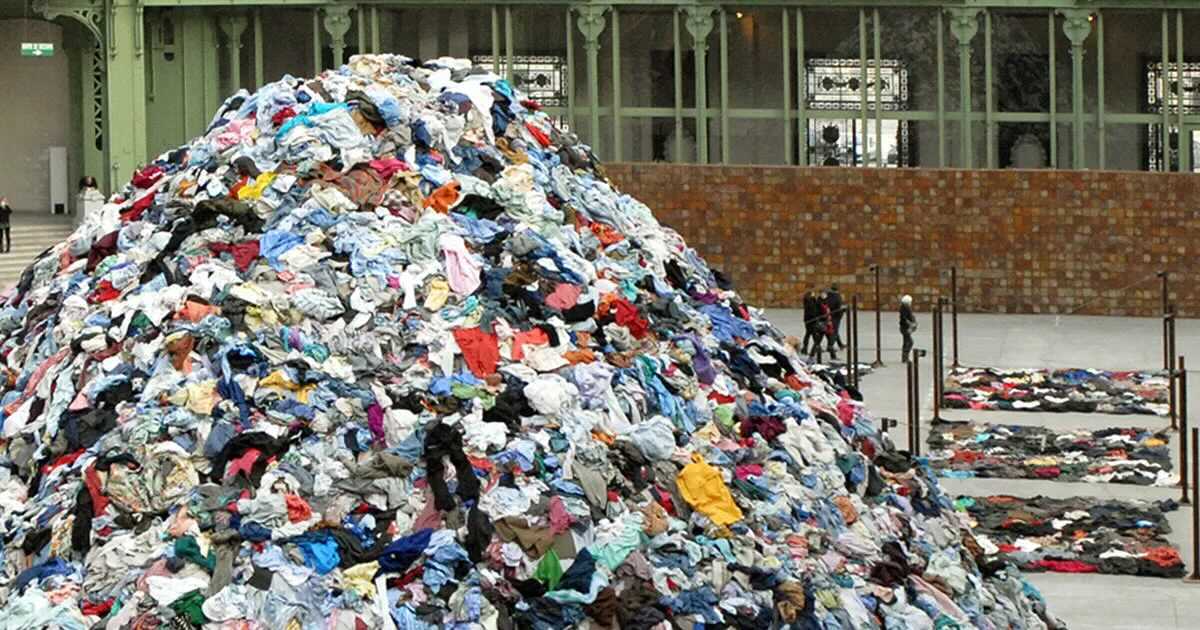
Source: The Wellesley News
The plagiarisms or copies that these brands mass produce are usually made from the designs of small independent or emerging brands. This makes the art and intention of said emerging designers not valued since they do not receive credit for their work, but rather another brand benefits from the simple fact of being “bigger” and more accessible to the public.

Source: Indian Folk
Fast fashion facts you can’t deny: plagiarism in clothing
This issue has happened to one of our favourite brands, Pangaia. We have talked about Pangaia and its collections before, we are constantly inspired by their active efforts in innovation and sustainability.
Pangaia was identified as a sustainable brand from the moment of its inception. Its production method, which makes use of sustainable materials based on recycled fibres, has placed Pangaia on a much admired level of consciousness for the planet and is reflected in sales. Their latest collection practically sold out in 24 hours.

Source: Pangaia
Last week we found out that one of the brand’s own designs had been copied by not one, but several fast fashion brands, including Boohoo, Shein, Topman, H&M, and Zara. Moreover, there fast fashion brands obviated the intention with which the original piece was made. Further adding to the insult.
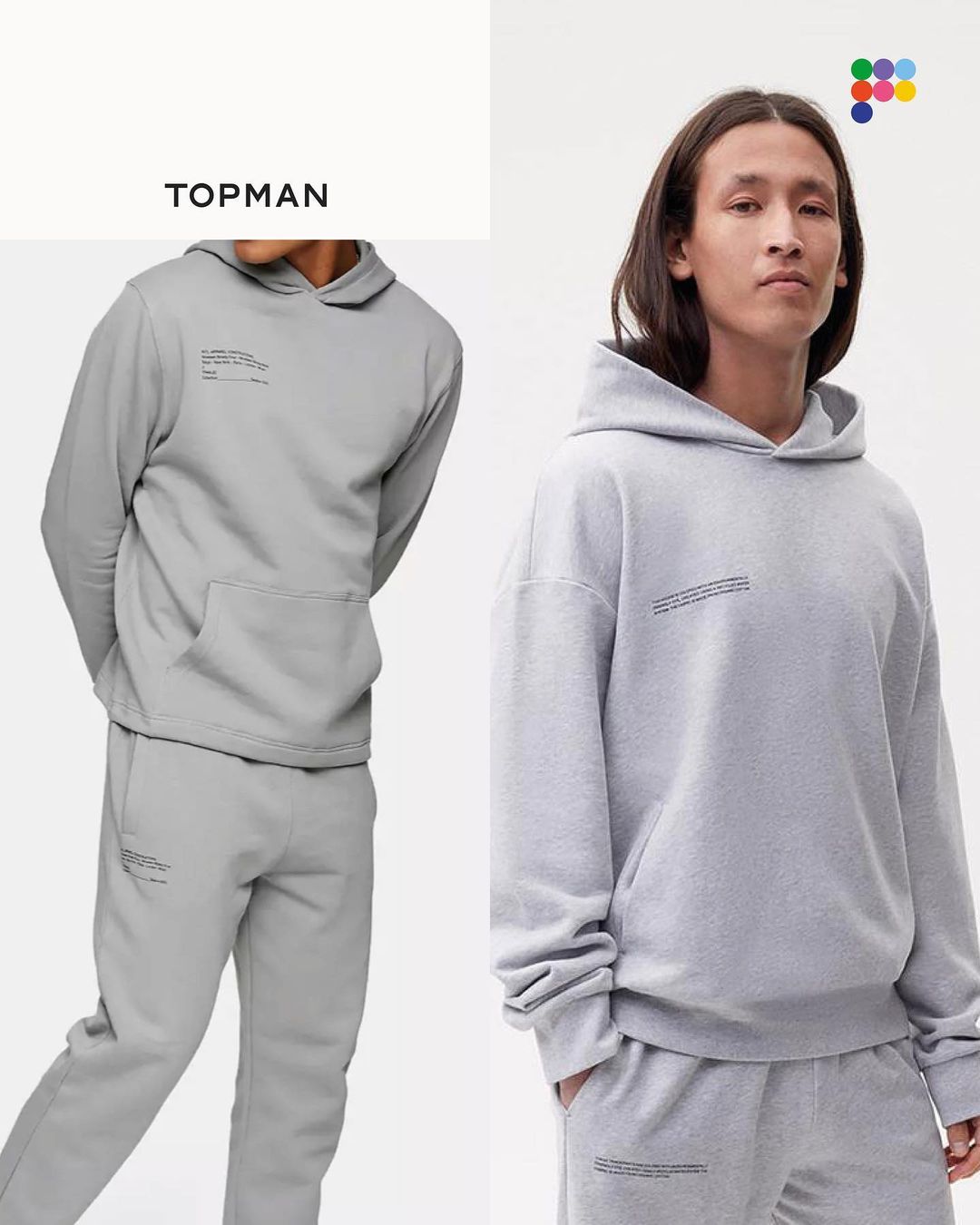
Source: Pangaia
It was a set of tracksuits from Pangaia, created in monochrome, thus creating the union of both pieces and you can find them in different tones. The special part, so to speak, is that on the right side of both pieces, we find a small text that explains the totally sustainable and organic materials that the brand has used to create this garment, and as we could expect, the plagiarised versions of the fast fashion brands do not make reference of it. Unsurprisingly, taking into account that by the very nature of fast fashion manufacturing, it would be impossible for the copies to be produced sustainably.
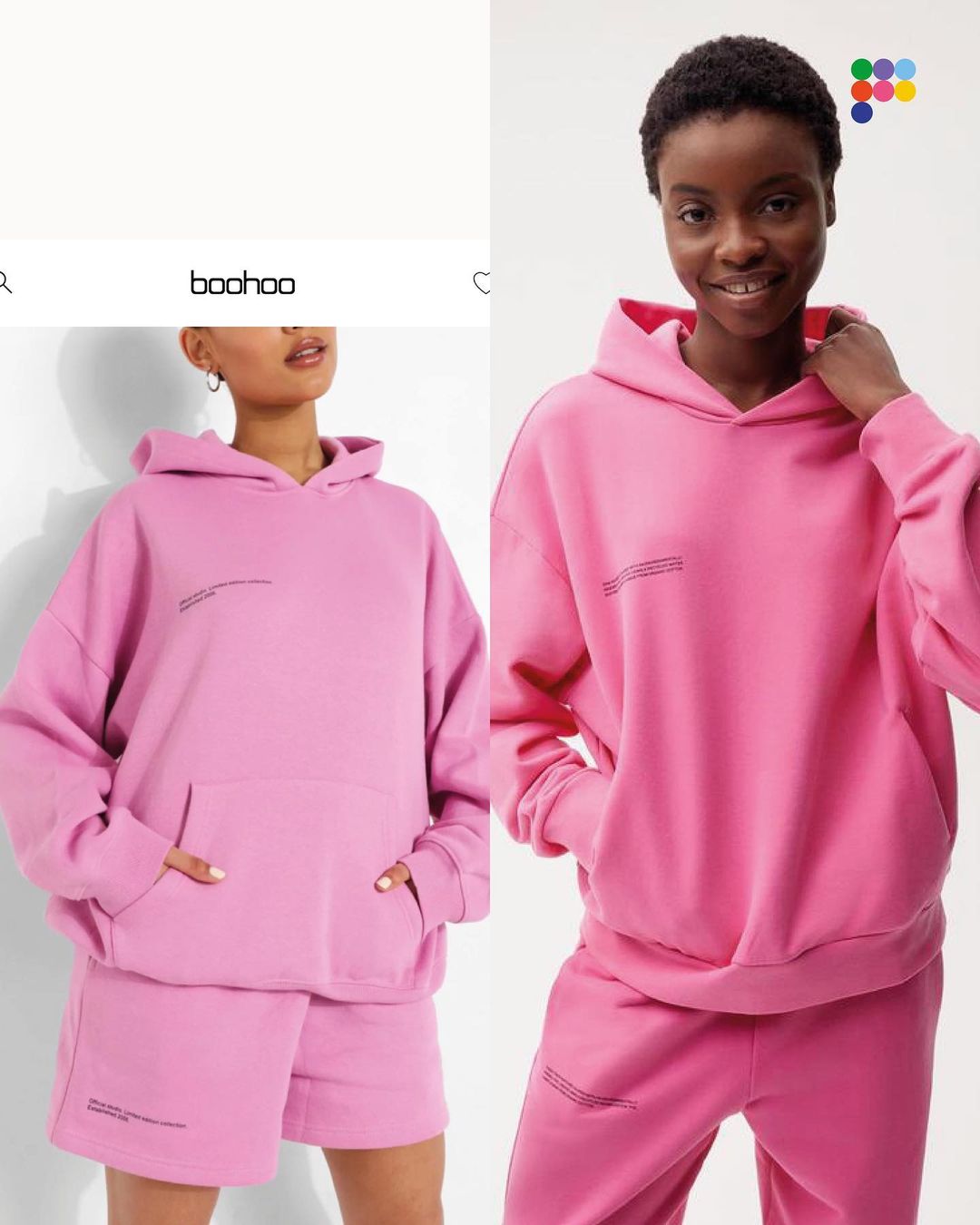
Source: Pangaia
The thing is, this situation is not something new and it is not a question of a brand like Pangaia suffering its consequences. Fast fashion brands continually plagiarize designs from other haute couture brands and independent designers. Taking the exact pattern, eliminating the message behind by the designer, and making it an easily purchased garment in any fast fashion store. And this is just one of many fast fashion problems.
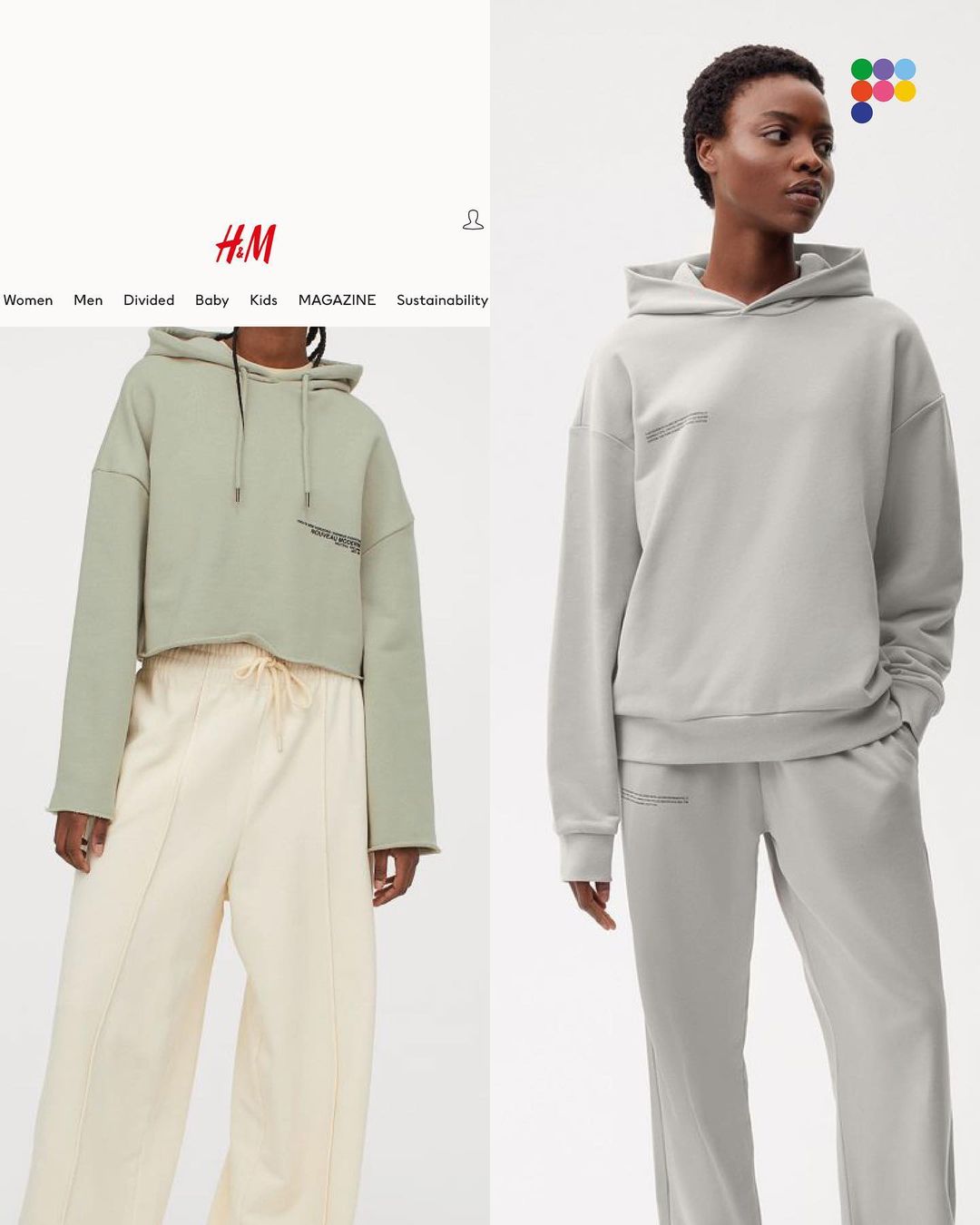
Source: Pangaia
This happens daily, the question is, who do you decide to support? Who deserves your loyalty?
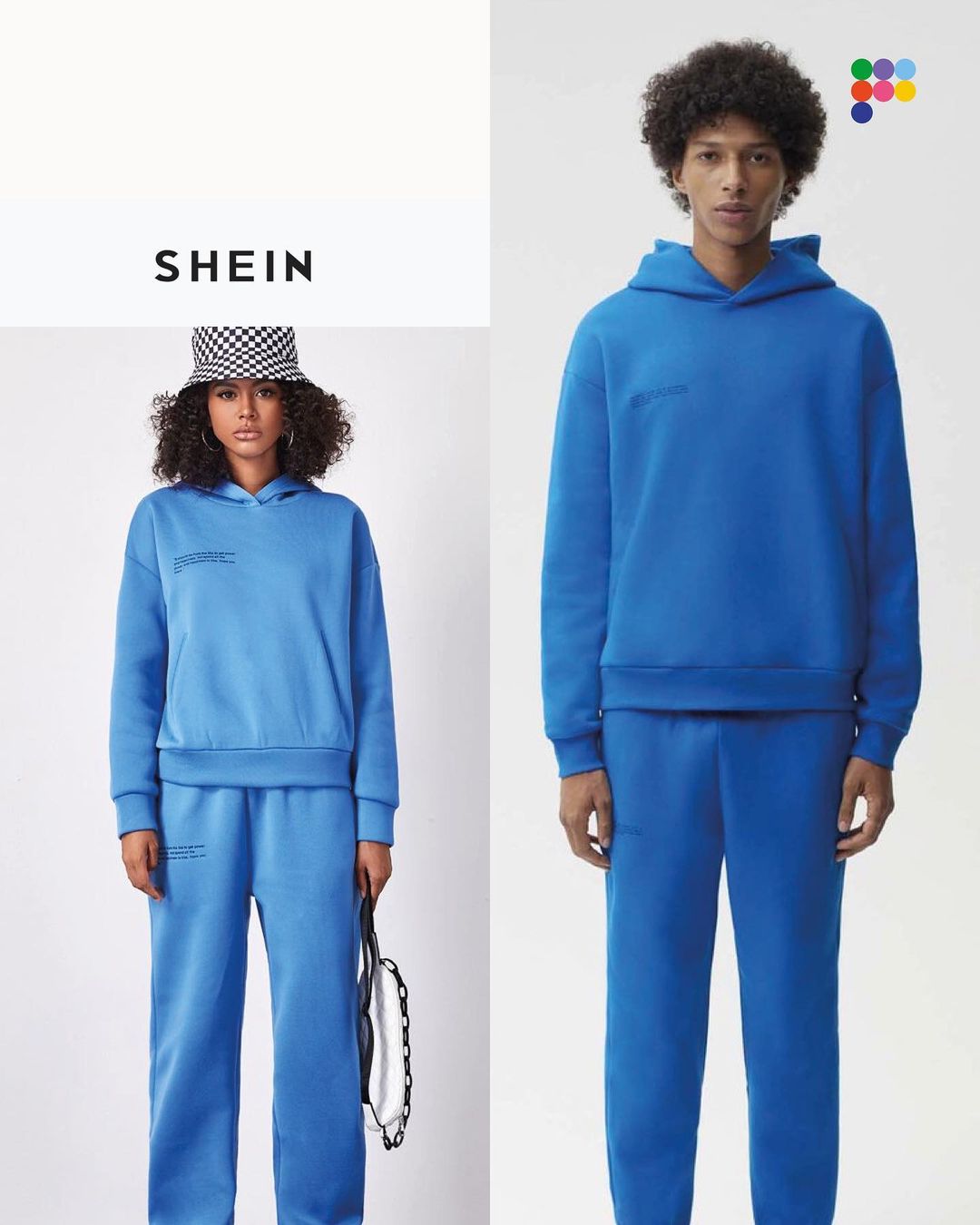
Source: Pangaia

